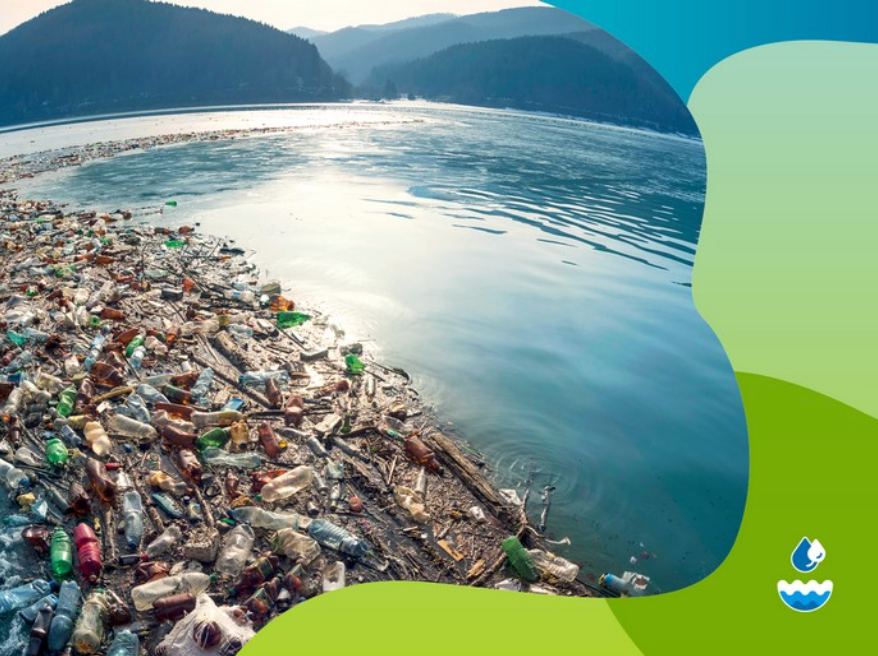
In a concerted effort to restore ocean health by 2030, the European Union is at the forefront of initiatives to combat marine litter, with a particular focus on plastics. Through funding provided by the Horizon programme, 12 innovative projects have emerged, demonstrating promising strides towards cleaning up aquatic ecosystems and fostering a thriving oceanic environment.
Marine litter, comprised predominantly of plastics such as bags, bottles, and fishing gear, poses a pervasive threat to marine life and human health alike. This debris can be found not only along coastlines but also in remote marine environments, including the polar regions and the deepest ocean trenches. Alarmingly, an estimated 19-23 million tonnes of marine litter enter aquatic environments annually, a figure projected to escalate unless decisive action is taken. As plastic waste degrades over time, it fragments into microplastics and nanoplastics, compounding the environmental challenge and posing potential risks to ecosystems and human health.
To address this pressing issue, the EU has set ambitious targets as part of its Mission: Restore our Ocean and Waters by 2030. This mission seeks to halve plastic litter at sea and reduce microplastic release into the environment by 30%. Additionally, the EU's 2030 Biodiversity Strategy, integral to the European Green Deal, aims to restore ocean health by protecting 30% of EU seas, with 10% designated as strictly protected areas.
EU-funded projects are pivotal in realising these objectives, focusing on prevention, elimination, and monitoring of marine litter from source to sea. For instance, initiatives like LimnoPlast and PlasticPiratesEU actively engage citizens and youth in data collection efforts, aiming to prevent plastic pollution from entering marine environments. Projects such as MONPLAS train researchers in advanced technologies for microplastic detection and assessment of their environmental impact. Moreover, efforts are underway to explore sustainable alternatives to traditional plastics, with projects like B4PNow and EcoFLEXY developing bio-based materials for household use and packaging.
Furthermore, innovative solutions for the cleanup of marine litter are being explored, with projects like In-No-Plastic and SeaClear developing tools and autonomous robots for underwater litter collection.
These EU-funded projects serve as beacons of hope in the fight against marine litter, showcasing the potential for scalable, replicable, and sustainable solutions. By harnessing innovation and collaboration, the EU is taking significant strides towards achieving its goal of a cleaner, healthier ocean by 2030.
Find out more about the EU strategy to tackle marine litter here.
